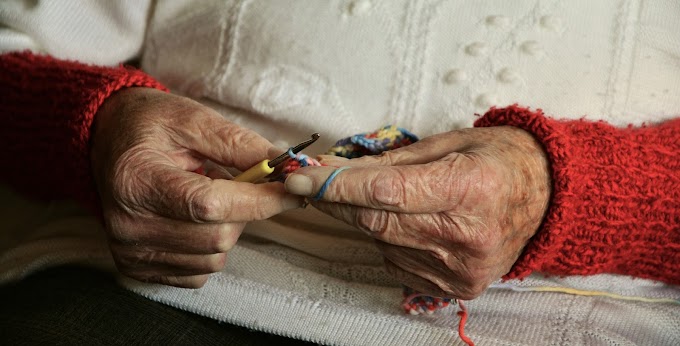Emergency support for elders is crucial to ensure their safety, well-being, and timely access to necessary care in critical situations.
Here are some essential forms of emergency support available for elders:
Emergency Medical Services (EMS): In case of a medical emergency, elders can dial emergency services (such as 14567 in India) to request immediate medical assistance. EMS personnel can provide on-site medical care, stabilize the individual, and transport them to the nearest hospital for further treatment.
Medical Alert Systems: Medical alert systems are wearable devices or home-based systems that allow elders to call for help in emergencies. They typically include a pendant or wristband with a button that, when pressed, connects them to a monitoring center. Trained operators assess the situation and contact appropriate assistance, such as emergency services or designated contacts.
Caregiver Support: Elders who have caregivers or family members assisting them at home can rely on their support during emergencies. Caregivers should be trained in recognizing emergency situations, knowing when to seek medical help, and implementing first aid techniques as necessary.
Community Emergency Services: Local communities often have emergency services tailored to support elders. These services may include senior centers, elder helplines, and community outreach programs that provide information, resources, and assistance during emergencies. They can offer guidance, coordinate medical services, or provide transportation if needed.
Home Safety Precautions: Taking proactive steps to ensure home safety can help prevent emergencies. This may involve installing grab bars, removing tripping hazards, securing rugs, installing smoke detectors, and maintaining well-lit areas. Regular home safety assessments can identify potential risks and help create a safer environment for elders.
Emergency Preparedness Planning: Elders and their caregivers should create an emergency preparedness plan that includes essential contacts, medical information, medications, and important documents. This plan should be easily accessible and shared with relevant individuals, such as family members, caregivers, or neighbors, to ensure a coordinated response during emergencies.
It is essential for elders and their support network to have open discussions about emergency preparedness and understand the available resources in their local community. Regular communication with healthcare providers and social service organizations can help identify additional support options specifically tailored to the needs of elders during emergencies.
Remember, each person's situation is unique, and it is important to tailor emergency support to the individual's specific needs and circumstances.







